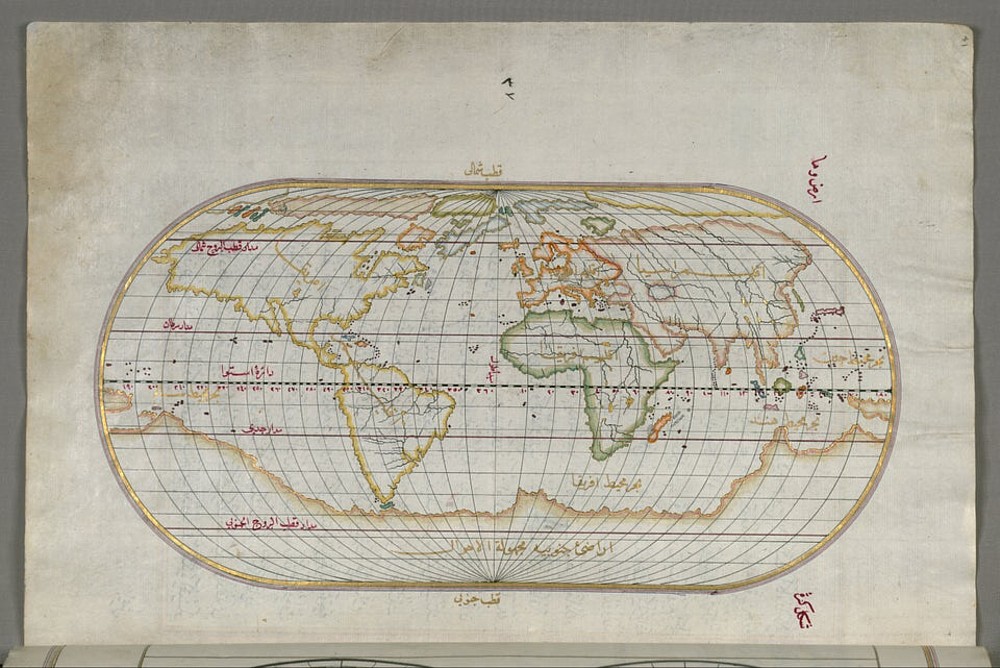When Boris Johnson appointed Dominic Cummings as his behind the scenes shouter-in-chief, I started to hope that things had taken a turn for the better. I continued to fear the worst, but stopped assuming it. After the Cummings appointment, the air was thick with claims that he was a Satanist, but then it all went quiet. Presumably after Cummings had shouted at everyone then mentioning him to stop mentioning him, if they didn’t want to be set upon by Satan. But I didn’t forget. I knew that Cummings was Satanising away, behind the scenes.
So, when a link to this story at the Telegraph showed up on my Twitter feed, I clicked, hoping against hope to be able to read the whole thing. As it turned out, I was only able to read the top few paragraphs, but I got the bit that mattered to me, which was the Dominic Cummings angle:
They were the lifelong Labour voters on whom Jeremy Corbyn was supposed to be able to rely – even if he failed to sell his vision to a new market.
But to Dominic Cummings and Isaac Levido, the masterminds of Boris Johnson’s landslide victory, they became known as “persuasion ones”: a category of voter whose allegiance to Labour had been profoundly shaken by Mr Corbyn’s leadership and his party’s involvement in blocking Brexit.
Ultimately, the identification and targeting of those voters helped cause an electoral upset that shocked even some of the Conservatives’ most senior figures.
The phrase emerged from some of the most intensive use of focus groups and polling ever seen in a UK election …
I’m sure there will soon be much more to read along these lines.
From Matthew Parris (The Tories will win – but with no thanks to the North), on the other hand, there may be a rather thoughtful silence for a while.





